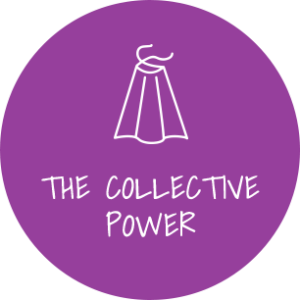
Pregnancy and parenthood at work
Know your rights It’s worthwhile to take the time to learn about your maternal rights at work. In the EU, […]
Pregnancy
AND MEDICINE

Medication use in pregnancy remains a grey area, and many women and their partners struggle with conflicting information and advice offered to them while pregnant or while planning for a pregnancy. Complications can occur during pregnancy, and a significant number of pregnant women will also have a chronic illness or medical condition. This issue also impacts women with an existing medical condition who may want to become pregnant. Access to timely and appropriate care and information during pregnancy is vital for a safe and positive motherhood experience.

The decision to have a child isn’t always an easy one and can be even harder if there is a disease or illness involved. Despite the major advances in medical science, we are still lacking proper data and approximately 90% of pregnant women take medicine without knowing the consequences.
Currently, information on pregnancy and medicine is not easily available. Both clinicians and patients do not have the tools or the specialist knowledge to make informed decisions when it comes to taking medication during pregnancy. So, very often the choices are to either stop taking medicine, to take medicine and live with the uncertainty, or to avoid pregnancy altogether.
This problem has grown from the understandable lack of research and from the “zero risk” approach to medical research and practice. This approach has caused an information void, leaving potential future parents and healthcare professionals to make an impossible choice: Should a woman with cancer or rheumatoid arthritis take medication without knowing how it might impact her child? Or should she forego treatment during pregnancy, perhaps endangering her own health as well as the health of her child?
Faced with this impossible decision, many choose to renounce having children, or in many cases, are advised not to have children.
If you are trying for a baby or are already pregnant, it is important to:
Remember that you have the right to ask for a second opinion. Don’t be afraid to ask another doctor or doctors what they think.
There are also places where you can access information on medicines during pregnancy. Some examples include the bumps (best use of medicines in pregnancy) website, which also has advice on what to do if you have already taken a medicine in pregnancy, Motherisk, and LactMed, which has information for women who are breastfeeding. See below for more information.
If you have further questions, you or your healthcare professional can also try to contact your local teratology information organization. A list of centers in Europe can be found here.
Sources: https://www.pregnancyandmedicine.org
https://www.nhs.uk/conditions/pregnancy-and-baby/pages/medicines-in-pregnancy.aspx

The Pregnancy and Medicine Initiative is an independent, nonprofit organization that aims to raise awareness and help address the information vacuum concerning the use of medicines and medical treatment in pregnancy.

Know your rights It’s worthwhile to take the time to learn about your maternal rights at work. In the EU, […]

This page provides guidance on where to find information on some key topics related to the pregnancy and motherhood experience, […]

Maternal mortality in Europe is less of an issue than in the developing countries. But even in Europe, too many […]